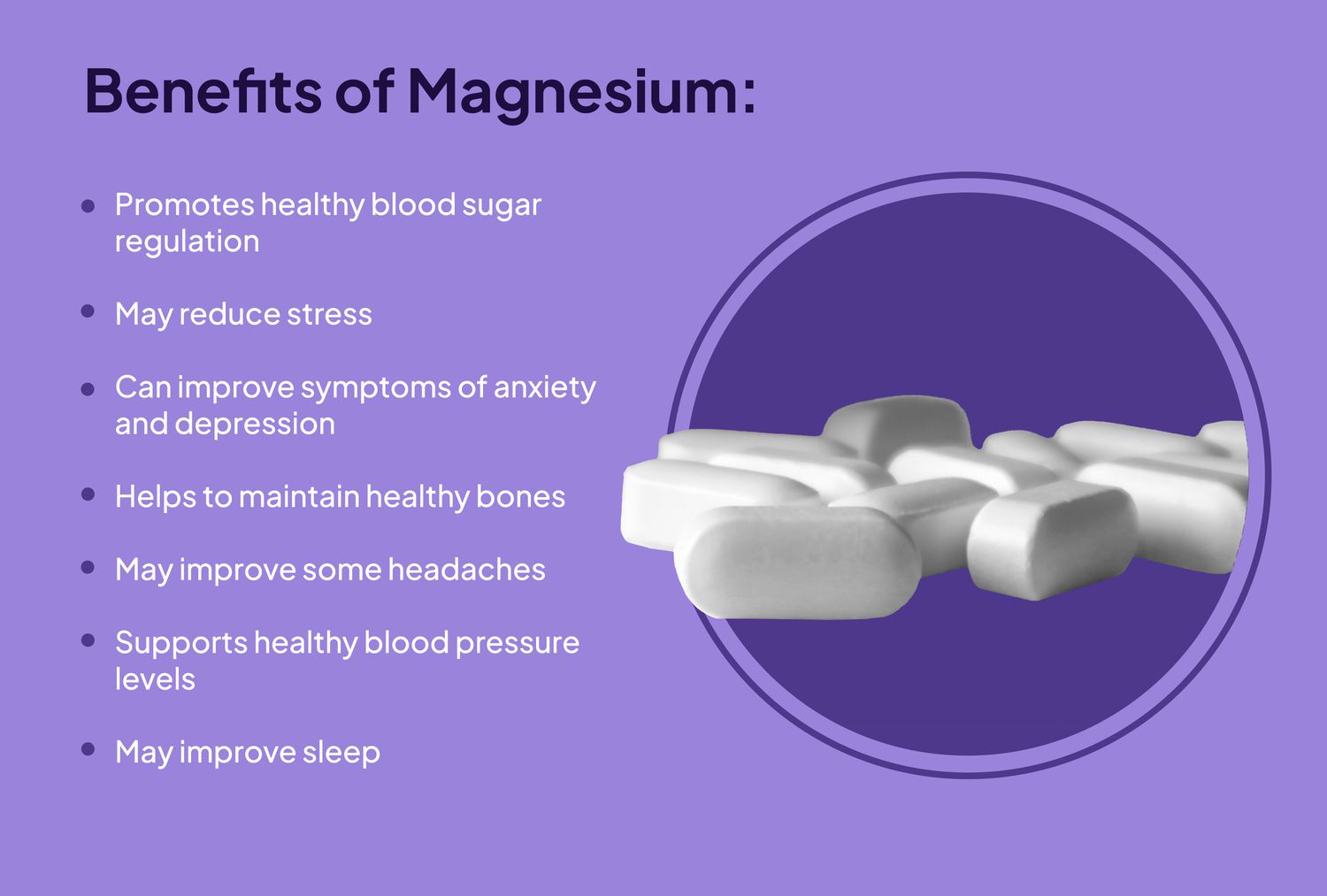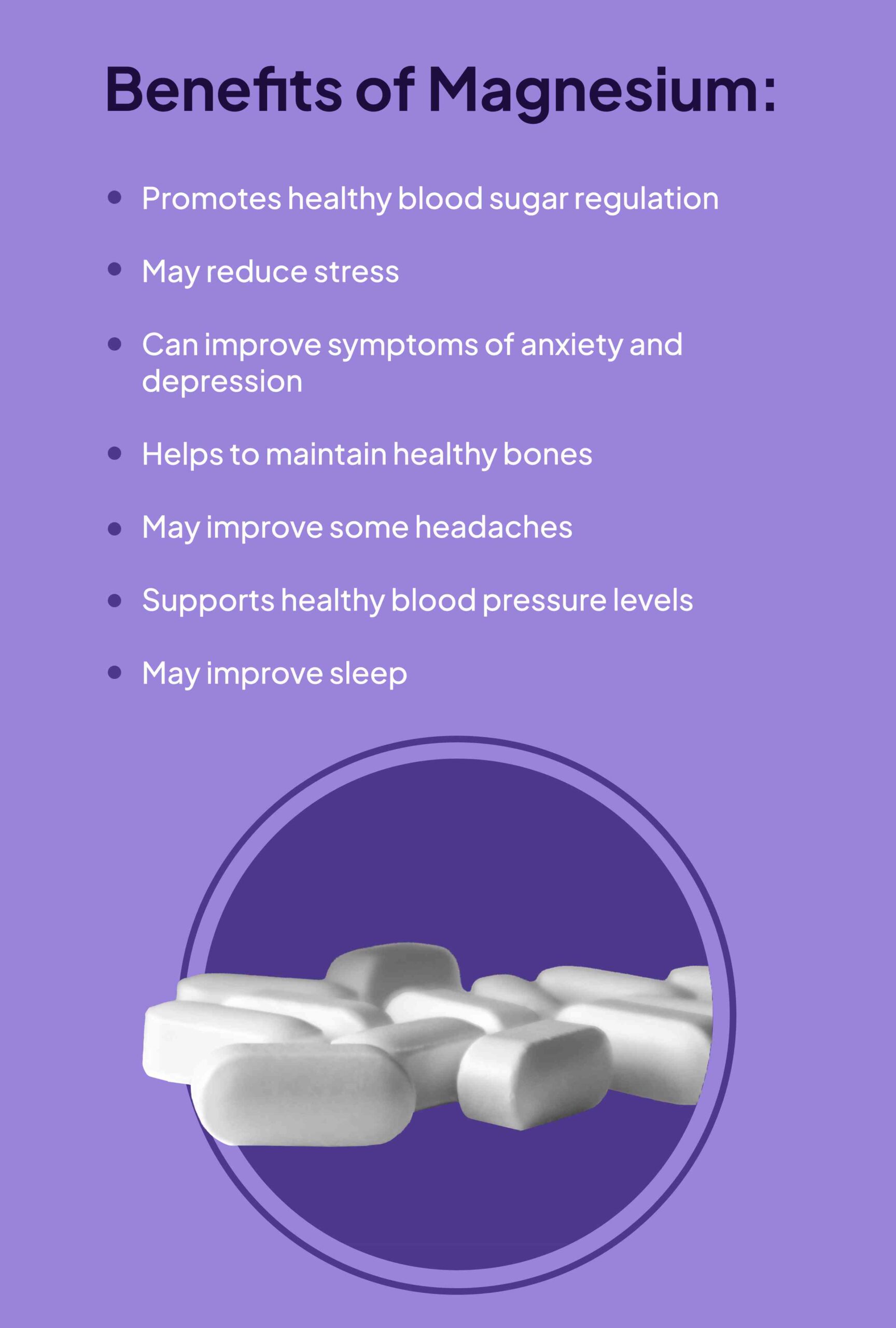Have you ever wondered if 500 mg of magnesium a day is too much? Understanding the role and requirements of essential nutrients can sometimes feel overwhelming, especially when it comes to magnesium. It’s an essential mineral that your body relies on for various functions, yet there seems to be an ongoing debate about the right dosage. Let’s unravel this nutritional conundrum together and find out if 500 mg daily is excessive or just right for you.
Find Out More About Magnesium Dosage
Understanding Magnesium
Magnesium plays a crucial role in almost every cell in your body. It’s a cofactor in over 300 enzyme systems that regulate biochemical reactions, including protein synthesis, muscle and nerve function, blood glucose control, and blood pressure regulation. Without sufficient magnesium, your body simply wouldn’t function properly. Let’s delve deeper into why this humble mineral is so vital.
The Role of Magnesium in Your Body
Magnesium supports a variety of bodily functions, playing a key part in energy production and the synthesis of DNA and RNA. It also contributes to the structural development of bones and is required for the synthesis of glutathione, an important antioxidant. Muscles and nerves depend on magnesium to transmit signals and aid relaxation, while it also helps in maintaining a healthy immune system.
Food Sources of Magnesium
You can find magnesium naturally in several food sources, which is great news for those who prefer getting their nutrients from whole foods. Leafy green vegetables like spinach and kale, nuts and seeds such as almonds and pumpkin seeds, as well as legumes like black beans, are all excellent sources. Whole grains like brown rice and quinoa, along with fatty fish, avocado, and bananas, also offer a decent amount of magnesium.
Recommended Magnesium Intake
The recommended dietary allowances (RDAs) for magnesium vary depending on your age, gender, and life stage. Understanding these recommendations can help you gauge whether your magnesium intake meets, falls short of, or exceeds these guidelines.
RDAs for Magnesium
The Institute of Medicine has established specific RDAs for magnesium based on age and gender:
| Age Group | Male (mg/day) | Female (mg/day) |
|---|---|---|
| 1-3 years | 80 | 80 |
| 4-8 years | 130 | 130 |
| 9-13 years | 240 | 240 |
| 14-18 years | 410 | 360 |
| 19-30 years | 400 | 310 |
| 31+ years | 420 | 320 |
For pregnant or lactating women, the requirement increases. For example, pregnant women aged 19-30 should aim for 350 mg daily, while lactating women in the same age bracket need about 310 mg.
Is 500 Mg a Day Too Much?
The question of whether 500 mg of magnesium daily is too excessive requires a nuanced response. While for certain groups, this amount could be within a safe range, for others it may exceed what’s necessary, especially when considering dietary intake alongside supplements. It’s essential to balance these sources to avoid exceeding the upper levels set for safety reasons.

Potential Benefits of Magnesium Supplementation
For individuals struggling to meet their magnesium needs through diet alone, supplements can be a helpful addition. Magnesium supplements are often used to address specific deficiencies or conditions, but they might provide benefits beyond just meeting basic requirements.
Health Conditions Helped by Magnesium
Magnesium supplementation might be beneficial for those with specific health conditions. It can aid in reducing blood pressure, improving insulin sensitivity, and enhancing exercise performance. There is also some evidence suggesting that magnesium can help reduce symptoms of anxiety and depression, though more research is needed in these areas.
Enhancing Sleep Quality
Some participants in studies have reported improvements in sleep quality with magnesium supplementation. By helping to regulate neurotransmitters, magnesium might promote relaxation and better sleep. However, it’s worth noting that individual responses can vary, and supplementation should be approached with caution, particularly if you’re already consuming adequate amounts through food.
Risks and Side Effects of Excess Magnesium
While magnesium is critical for health, too much of it can cause problems. If you consume high doses, especially in supplement form, you may experience certain side effects. Understanding these risks can help you make informed decisions about your magnesium intake.
Signs of Magnesium Excess
Excessive magnesium from supplements or medications, as opposed to food, can lead to several symptoms. These might include nausea, diarrhea, abdominal cramping, and, more severely, an irregular heartbeat or cardiac arrest in extreme cases. It’s important to monitor the amount you take and consult a healthcare professional if you’re unsure.
Interactions with Medications
Magnesium supplements might interact with certain medications. For example, they can affect the absorption of antibiotics and other drugs, altering their effectiveness. If you’re on medication, discussing any planned supplementation with your doctor is a wise step.

Factors That Affect Magnesium Needs
Your body’s magnesium needs aren’t static; they can vary based on lifestyle, health conditions, and external factors. Understanding these influences will help you better assess your personal requirements and adjust accordingly.
Lifestyle and Dietary Habits
Habits such as alcohol consumption, smoking, and a high intake of caffeine or sugar can deplete magnesium levels in your body. If any of these are part of your lifestyle, you might require more magnesium than the average person to compensate for these losses.
Health Conditions and Medications
Certain health conditions, such as gastrointestinal diseases or type 2 diabetes, can increase your magnesium needs. Additionally, some medications may either increase magnesium depletion or affect absorption, making it necessary to adjust your intake.
Optimizing Your Magnesium Intake
Finding the right balance of magnesium is important for your health. Through a combination of diet and supplementation, most people can achieve this balance without consuming too much.
Whole Foods vs. Supplements
While supplements are a convenient way to increase magnesium intake, prioritizing whole food sources is optimal because they provide additional nutrients that benefit your health. If supplements are necessary, consider the form of magnesium, as different types have varying absorption rates and effects on the body.
Monitoring Magnesium Levels
It’s not always easy to determine if you’re getting enough magnesium. Blood tests can help, but they might not provide a complete picture as most magnesium isn’t stored in the blood. Keeping an eye on your overall health and consulting with a healthcare professional can offer further guidance.
Conclusion
Determining whether 500 mg of magnesium daily is too much largely depends on individual factors such as dietary habits and health status. While this amount may be safe for some, others might find it exceeds their needs, leading to potential side effects. It’s essential to strike a balance between dietary sources and supplements to ensure you’re supporting your body’s needs properly. Always consider consulting with a healthcare provider when in doubt, tailoring your approach to suit your life’s specific demands.
At the end of the day, treating your body with the care and attention it deserves will help you make the best choices for your health. By understanding the importance of magnesium and how it influences your well-being, you’re equipped to make informed decisions that support your health journey in a positive and balanced way.